Another critical aspect of our project is the need to raise awareness about the importance of the Iberian wolf, the available measures to decrease conflict and to counteract the negative bias that is often apparent in the media when reporting about this species. The project will therefore explore different avenues to raise awareness, from working with local communities to schools and national media outlets.
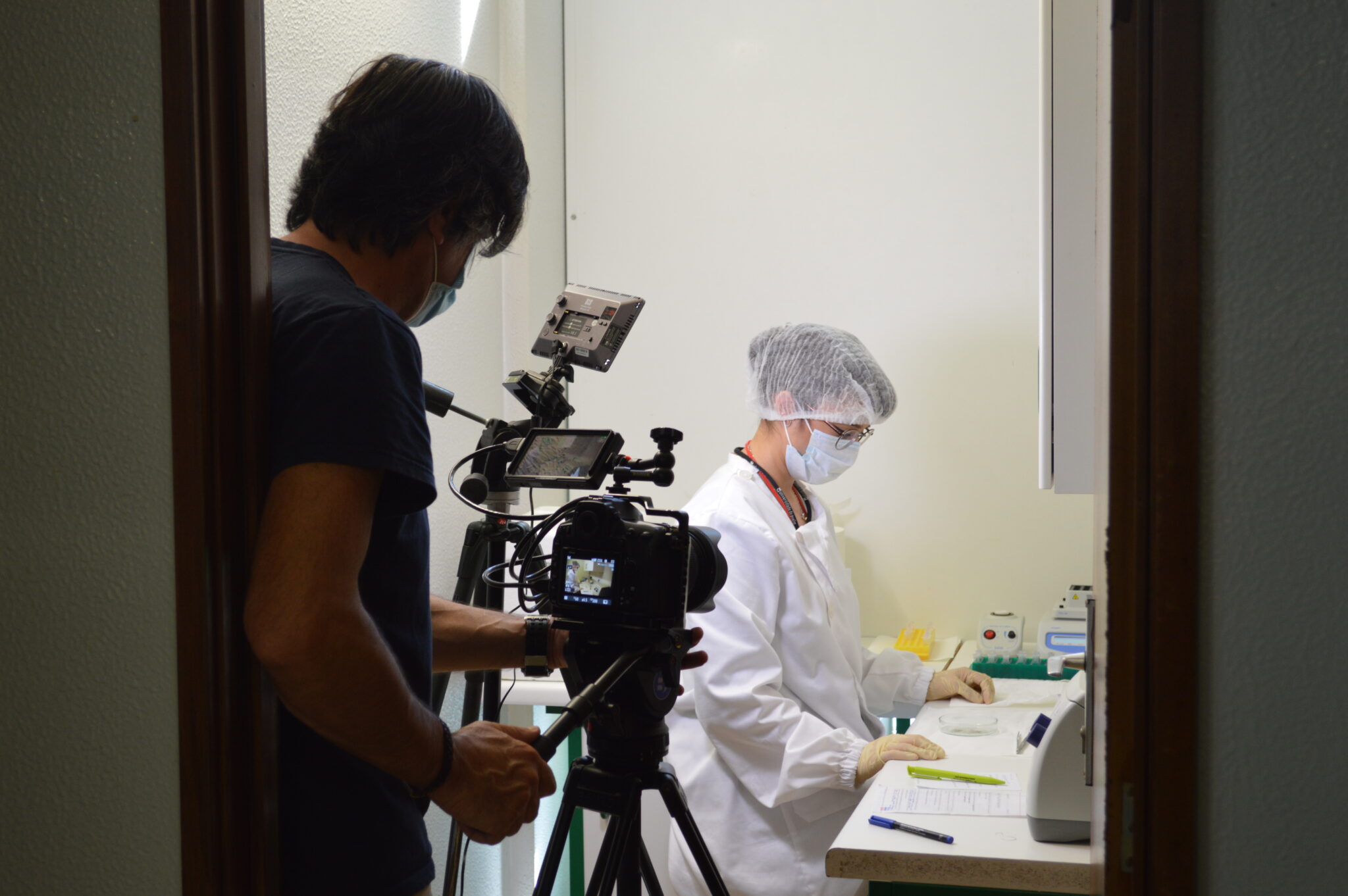
E.1 Photographic, video and other material to document and disseminate the conservation actions carried out under the project
The project has a strong focus on visual communication and therefore footage and image collection will be essential and a critical resource for the entire project. Photo and video missions will be carried out in the project area to collect images and footage of the key landscapes, species, project actions etc.
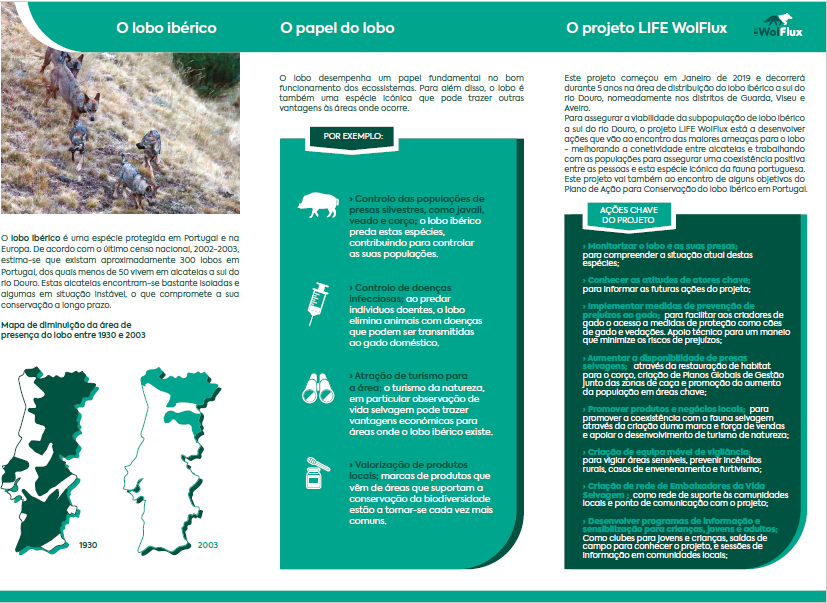
E.2 Production of a project website and information materials to promote the species conservation among targeted audiences and the general public.
The main communication platform for this project is this website, which provides comprehensive and up-to-date information about the project and its activities. Additionally several information materials are being produced, including a project leaflet and roll-ups (among others). The promotional material will be disseminated to the general public and local stakeholders in key locations and in project information stands during meetings, seminars and other events to disseminate information about the project actions.
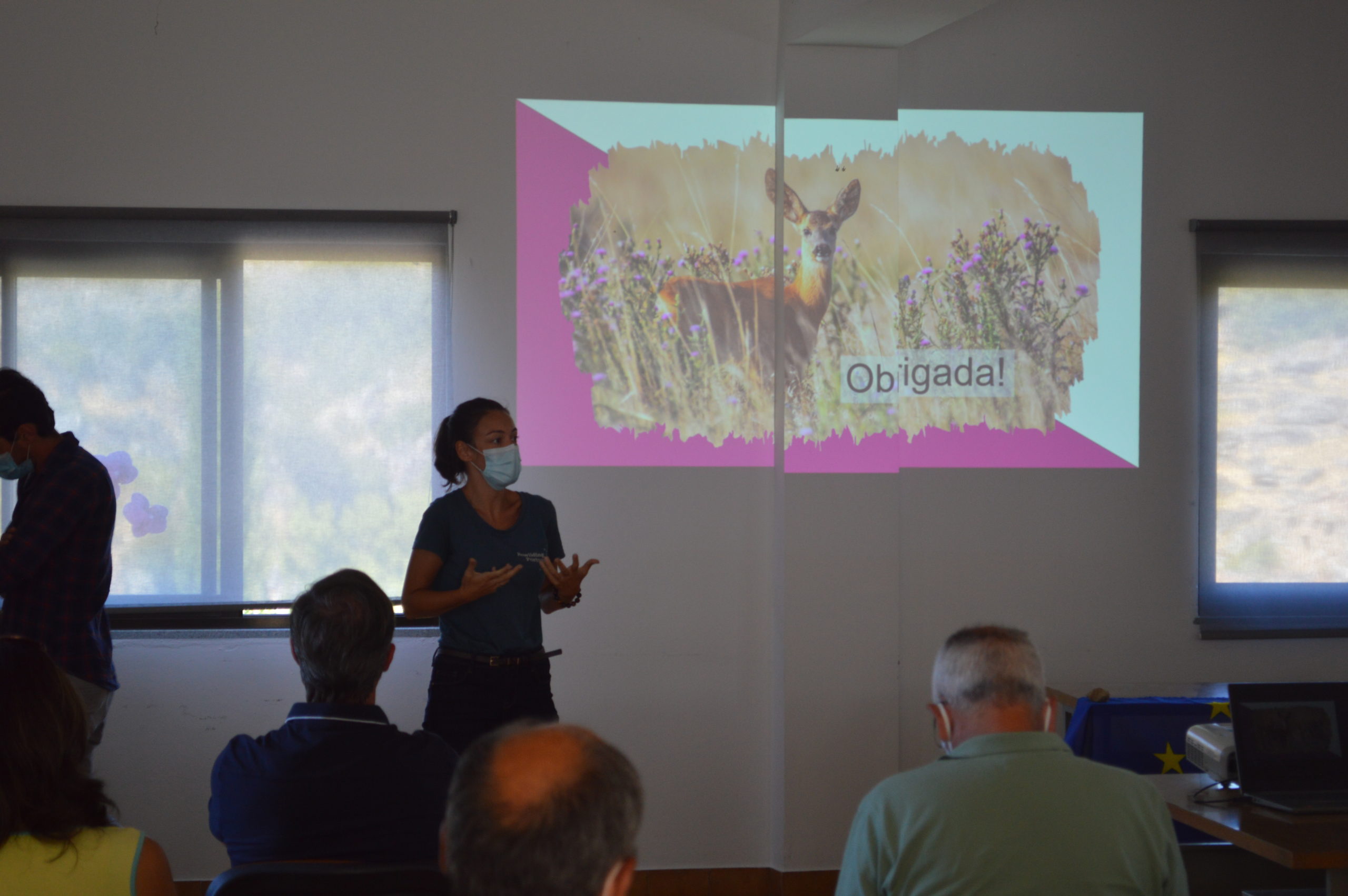
E.3 Awareness programme for local stakeholders
The project will be presented in many different locations in the whole project area, in order to inform local stakeholders and include their point of view from an early stage. Seminars, peer-to-peer exchanges of practises and field visits will be promoted in order to disseminate best practises, inform about project actions and raise awareness on different topics.
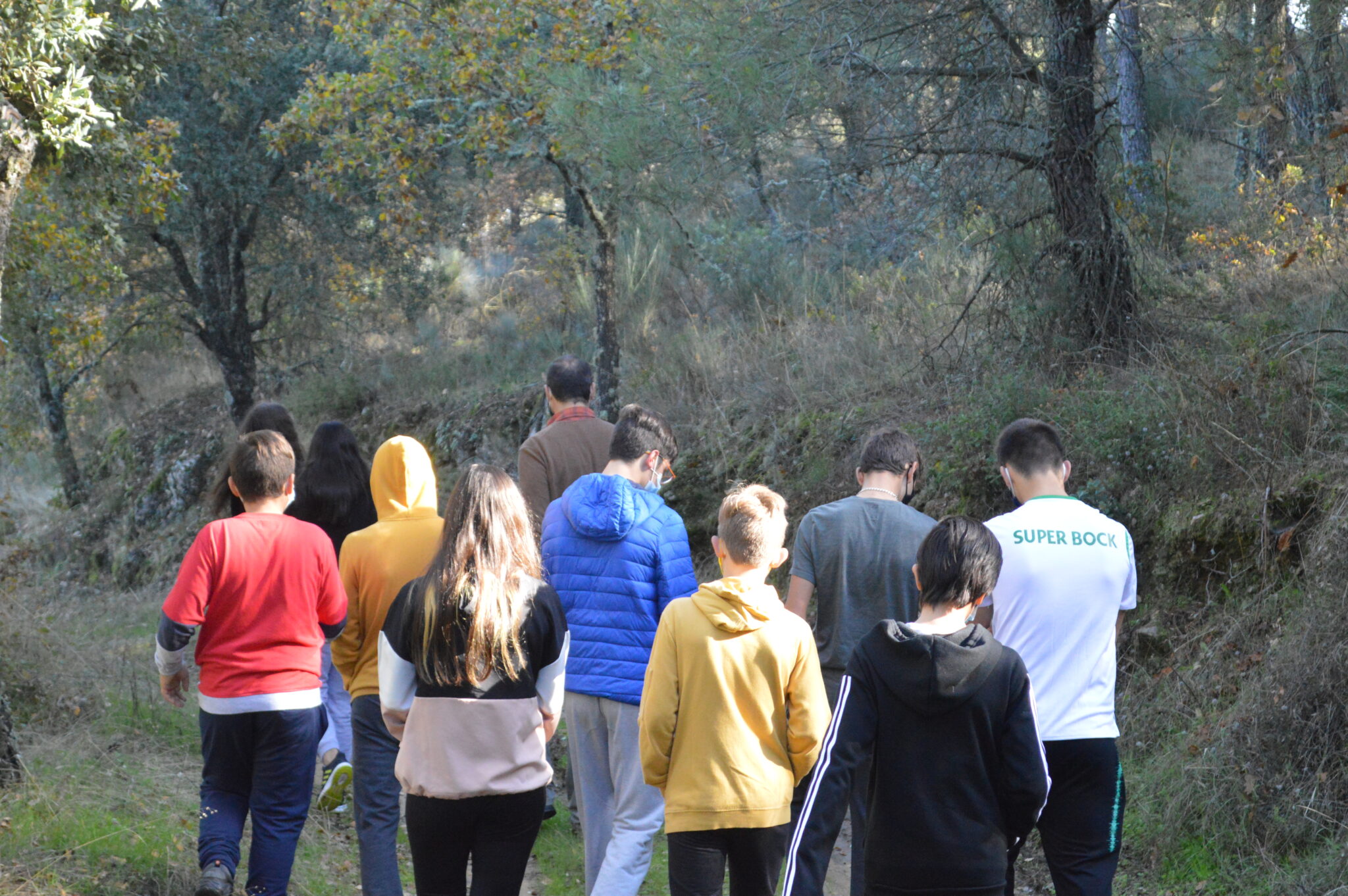
E.4 Develop a children and youth awareness programme of extra-curricular activities related to wolf conservation
School children and the younger generations can be active change makers. Empowering them through the promotion of youth clubs can create a new generational group in the region that will impact and transform its vision of itself for the future.
In this action, a Wolf Youth Education program will be established for primary and secondary schools in the project area. Valuable contacts with teachers, eco-clubs and headmasters will be established serving as a solid base for future collaboration in ecological education.
The programme will be carried out in an interactive style involving the kids in activities they like such as workshops, drawing pictures, taking photos, contests, games, wildlife observation, introduction of wildlife monitoring techniques, etc. All didactic material produced within this action will be donated to school teachers so it can serve as a base for them to carry out similar activities after the project.
E.5 Promoting local products resulting from activities that support wolf conservation
Working with businesses and communities producing natural products and using techniques that complement the objectives of rewilding without harming nature or wildlife can generate multiple benefits. Our focus will therefore be to establish a natural food brand/certification to support producers in generating additional sales, creating awareness and building a regional provenance for natural products in the long term.
Livestock owners and farmers directly involved in the implementation of wolf conservation actions will benefit from the creation of this brand which will accredit their products as supporting wolf coexistence and conservation. By identifying products as supporting wolf conservation, value is being created, implying additional income for farmers and partners that decide to get involved with the project.

E.6 Promoting a responsible wolf related tourism in the project area
Tourism is flourishing in Portugal and special care and attention is required in wild mammal-watching. Some mammals required special conservation measures and cannot be disturbed, such as the Iberian wolf. The manual and the guidebook will provide the guidelines for a sustainable and ethical tourism, for people and wild mammals alike.
Specialized training courses will be provided to aspirant local guides in wolf-watching and tourism experience delivery. This will involve comprehensive courses offered with emphasis on preparing the local guides to work with both domestic and international visitors. A best practice digital manual for wild mammal’s touristic watching will be produced. A specialized guidebook on wolf tourism will also be developed.
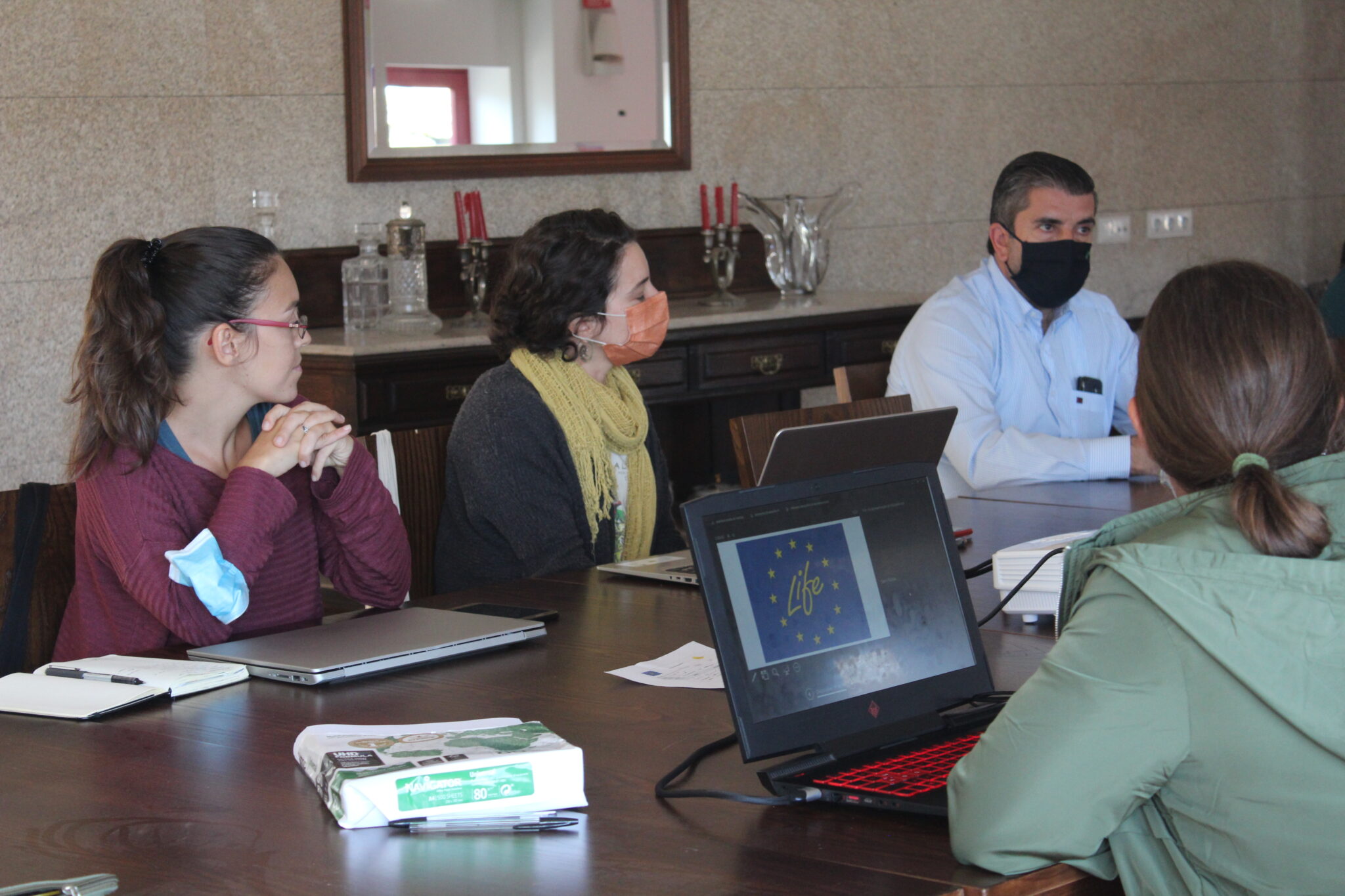
E.7 Organization of round table seminars with authorities and wolf experts and networking with other LIFE and non-LIFE Projects
Round table seminars will be organized to discuss wolf management, including its legal status, law enforcement, mortality, conservation actions, etc. Conferences will be organized tackling different issues, reviewing scientific research and preparing recommendations to the governments of Portugal and Spain, proposing new conservation models taking into account the development of the project.
Particularly, the project aims to set up a collaboration framework with the regional Spanish authority Junta de Castilla y León to establish common transboundary objectives for the protection of the Iberian wolf. This action is necessary to promote cross-border collaboration. Conservation of a species in the long-term requires overcoming management of populations within national borders and in the frame of different national legislations.
Knowledge sharing with other Life+ and non-Life projects will be undertaken in order to spread the main results, and to exchange experience in the field of wolf conservation, building up the capacity of the project staff.
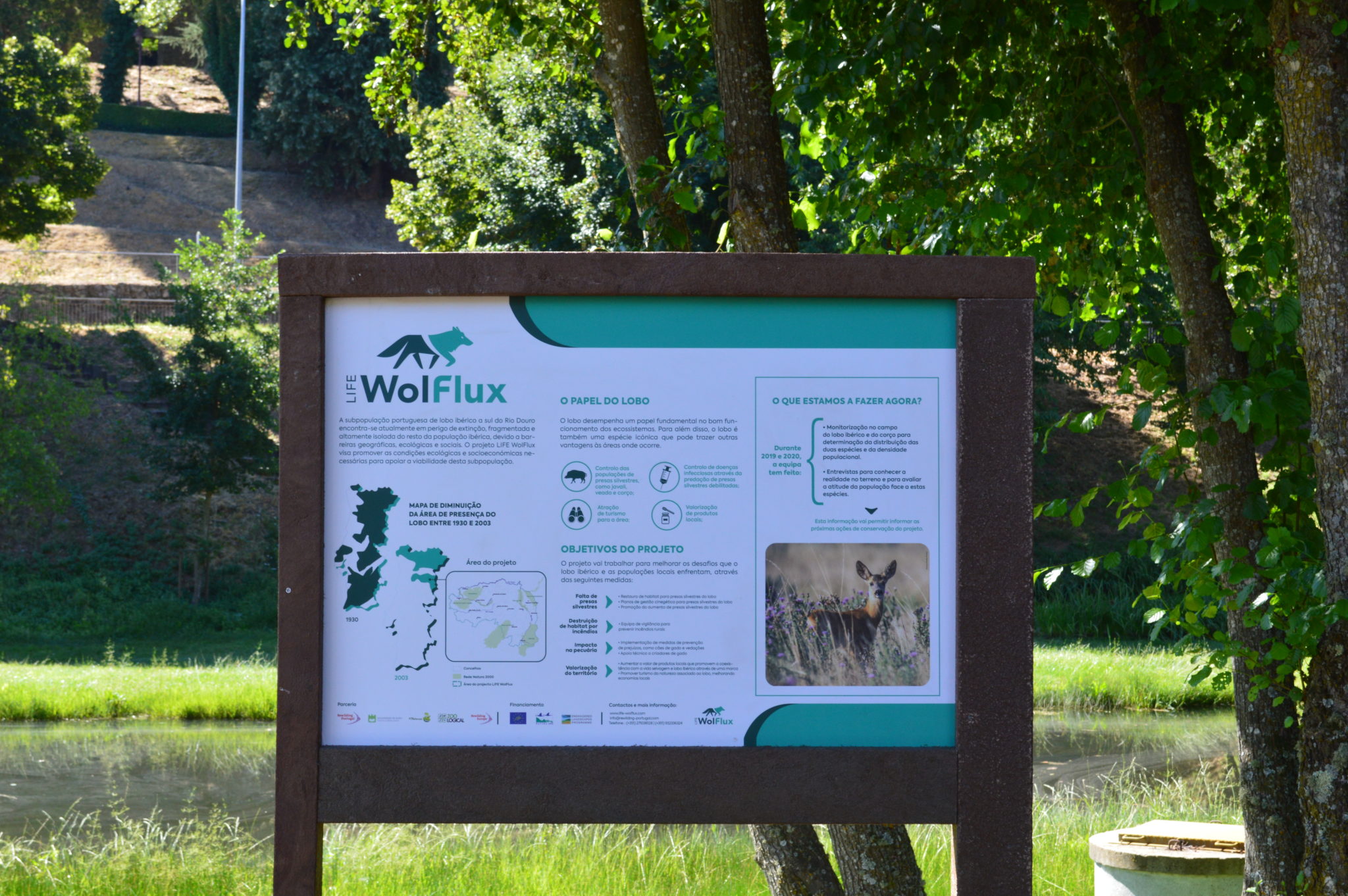
E.8 Installation of project information panels in the area of activities and production of a layman’s report
The project will install ten attractive and durable signs at points for visitor access, infrastructure and interpretation in some areas. Their locations will maximize the number of people who will be able to learn about the large carnivores, wild ungulates, the importance of food chains and the development of the project.
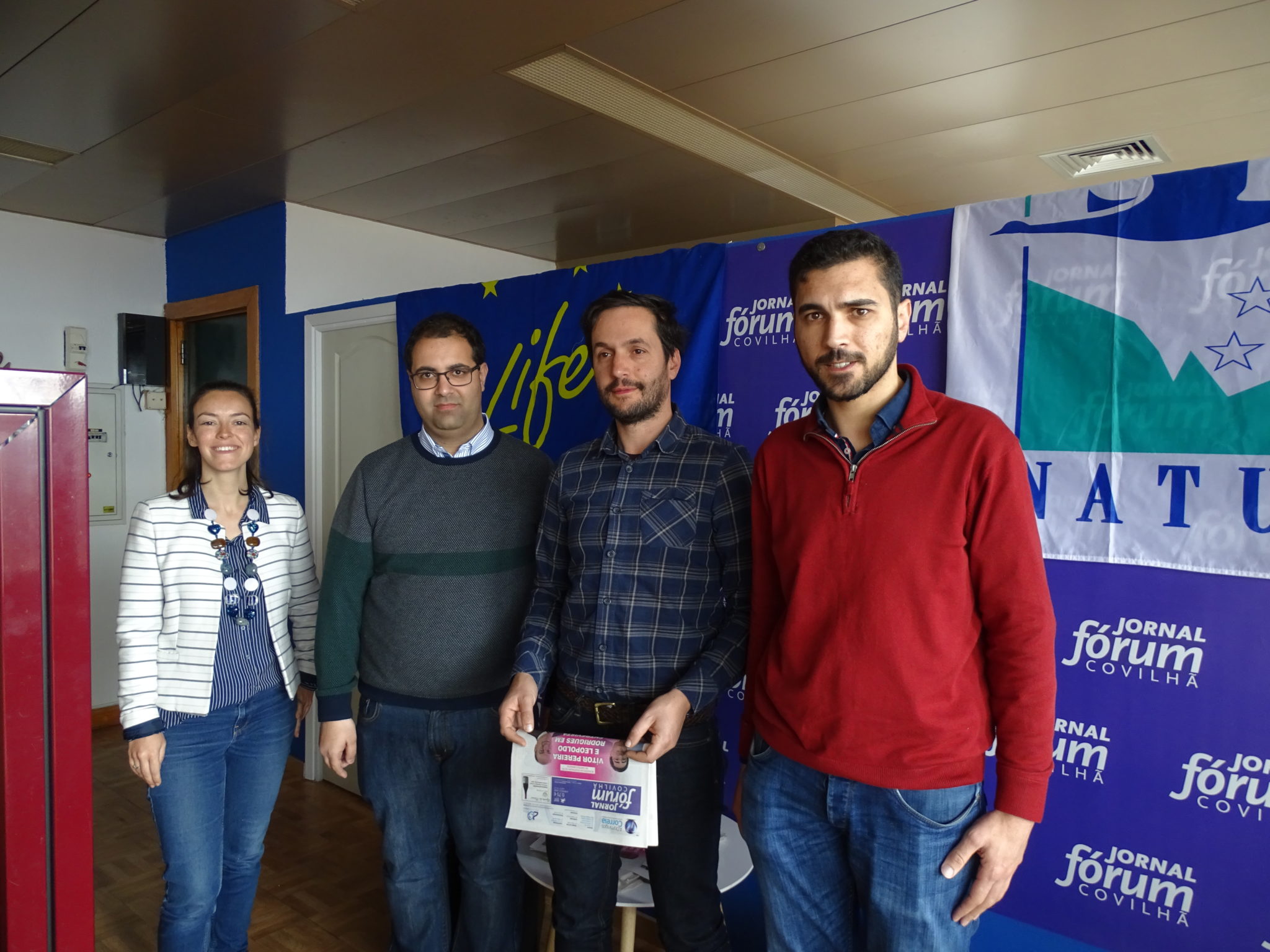
E.9 News in local, regional, and national media
News about the wolf and other wildlife have in the past focused on the negative impacts of these species to rural areas and inhabitants. The negativity in the media is mostly due to exaggerated stereotypes and a lack of awareness about the complex ecological reality.
In order to address this problem, the project aims to cooperate with media agents at various levels of broadcast. The aim is to promote a better understanding of the underlying reality of coexistence between human activities and wildlife, and to use the fair perspective standpoint to make sure more and better news items are published. The ultimate objective is to see regular news items that reflect a positive trend for general public perception of the species and habitats, which will lead to a more positive common knowledge about the wolf.
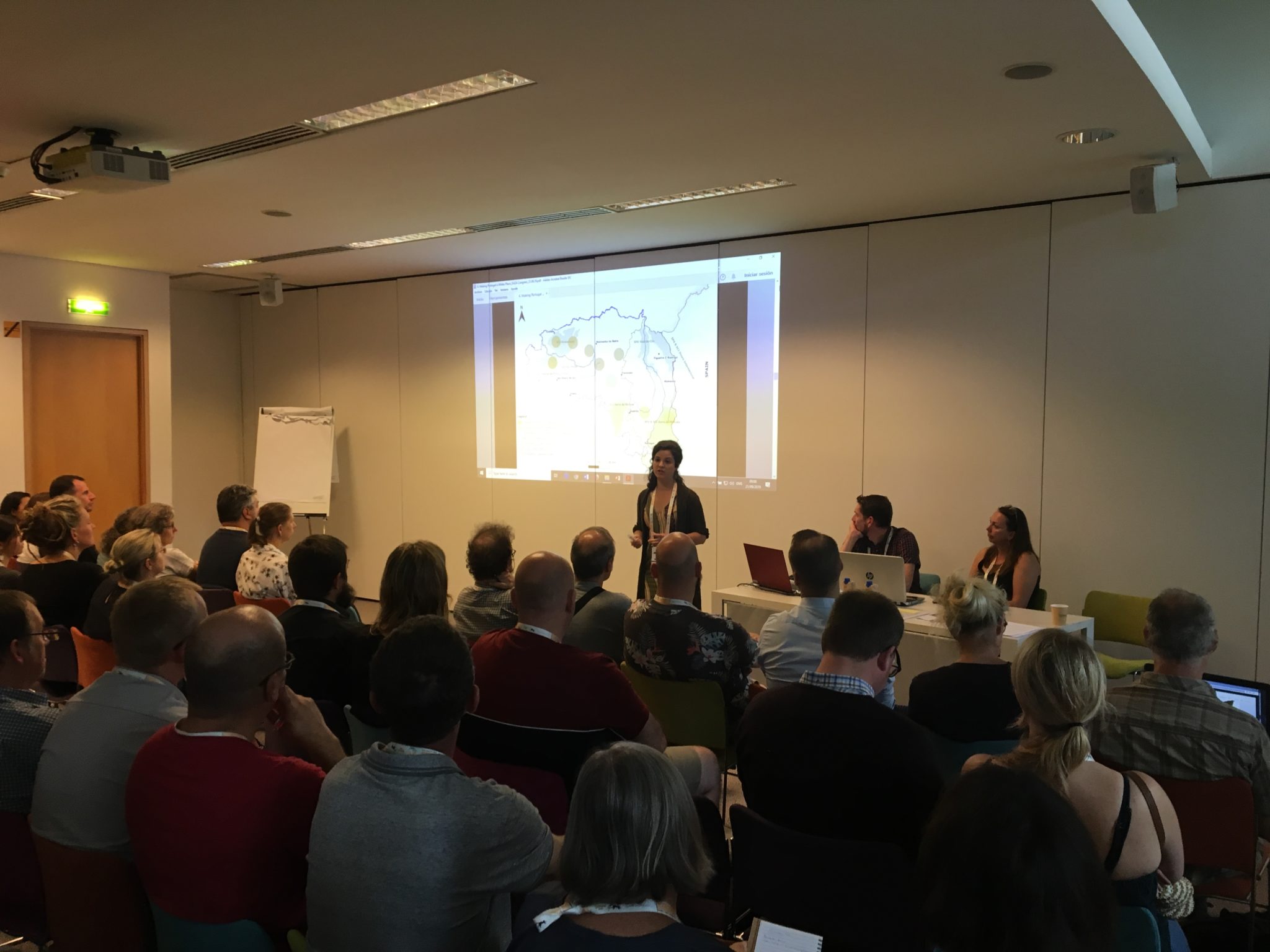
E.10 Participation in Scientific Meetings
The project team will participate in scientific meetings, including conferences, seminars and local and regional events, at the national and international level. In the different events the project’s actions and results will be showcased and contact with other teams working on the same target species will be established and strengthened.
Moreover, participating in such events will increase team’s knowledge on the subject, learning new methodologies, exchanging experiences and best-practices in conservation and management.
E.11 Implementation of a replicability plan for mobile teams of surveillance and Livestock Guarding Dog network
Cooperative livestock raisers that are interested in expanding and managing the LGD network in other areas of Portugal (Peneda/Gerês, Alvão/Padrela and Bragança) will be contacted. These cooperatives will be invited to come to the project area so they can see how the network works. In addition, the veterinary force will provide training to teach them how to integrate LGDs in flocks and herds. Pups from the network will be donated to these cooperatives/associations to allow them to kick-start their own networks.